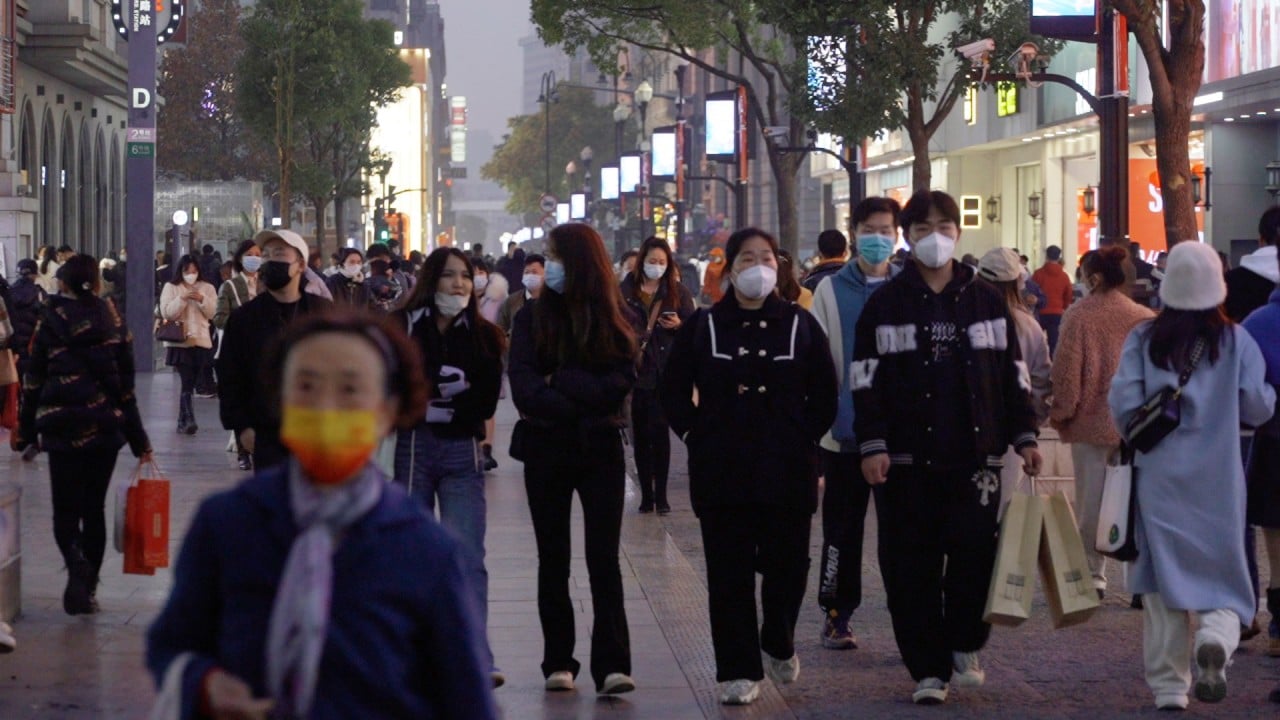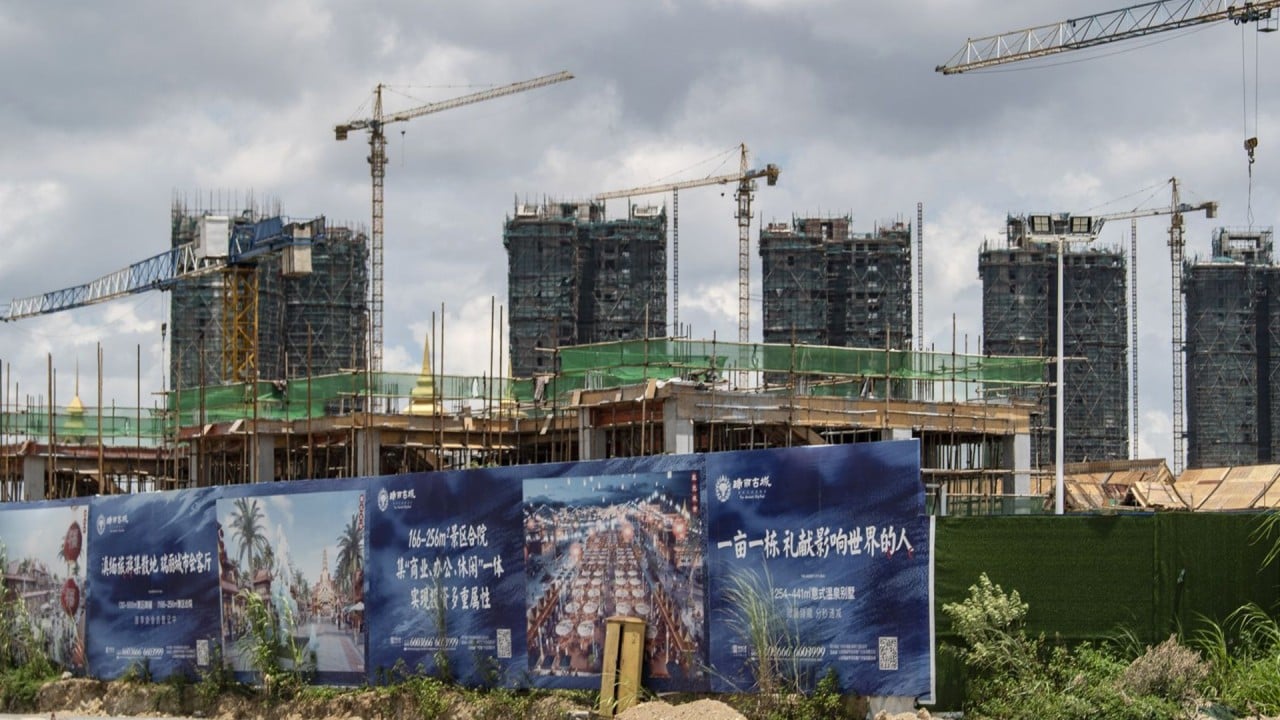
China property: Wuhan takes drastic measure to stop the rot in housing market as Beijing, Shanghai and Shenzhen watch
- Wuhan becomes the first among China’s top 10 GDP-producing cities to fully remove ownership limits to help revive home sales
- Beijing, Shanghai and Shenzhen are unlikely to follow suit with similar drastic measure because of a relatively stable market, JLL’s Pang says
Wuhan, the capital of central Hubei province, will allow local families to buy an additional home under a new incentive plan. That makes the city, the eighth largest by gross domestic product (GDP), the first major authority to fully discard home ownership limits that were first imposed in late 2017 to deter market speculation.
The local government said it would modify the eligibility rules based on the city’s home prices and inventory to “support reasonable home purchases”, according to a 16-point statement published on Monday. The move will apply to buyers with or without a hukou or local residency permit.
The move underscores the urgency to dial back some of the property market’s toughest curbs as sales crashed and the economy struggled to rebound from losses under Beijing’s zero-Covid curbs before its policy pivot last month.
“This shows local governments’ commitment to stimulating housing demand,” said Raymond Cheng, managing director of CGS-CIMB Securities. “If sales do not climb in the near term, we expect regulators to implement more supportive measures.”
New home prices fell for the 16th consecutive month in December, the government said last month. Contracted sales by the nation’s top 100 developers amounted to 354.3 billion yuan (US$52.2 billion), a 32.5 per cent slide from a year earlier, according to CRIC, a Shanghai-based real estate consultancy.
While many smaller mainland cities like Dongguan and Foshan in southern Guangdong province have completely scrapped such ownership limits, Wuhan, which generated 1.89 trillion yuan in GDP in 2022, is the first of China’s 10 largest cities by GDP to completely remove the cap on additional home purchases.
Since late last year, six other top GDP-ranked cities have also tweaked their incentives to help revive home sales, though without going the full distance in abandoning the cap.
For example, ninth-ranked Hangzhou in eastern Zhejiang province said in May that families with three children would be allowed to buy one more unit. In December, the Chongqing municipality said non-locals can enjoy the same benefits accorded to people with hukou.
Guangzhou in southern Guangdong province, Suzhou and Nanjing in eastern Jiangsu province and Chengdu in southwestern Sichuan province all made similar moves late last year to re-energise their local property markets.
Those measures appear to have the tacit approval of the central government. Ni Hong, the minister for housing and urban-rural development, pledged to boost consumer confidence in the real estate market, state-run network China Central Television reported last month.
Market observers expect to see more efforts to ease the additional home purchase ban. That, however, is not likely to happen in Shanghai, Beijing or Shenzhen, according to Bruce Pang, head of research and chief economist for Greater China at JLL, a property consultancy.
“Home prices in these three cities are still quite stable, and thus they do not have the incentive to do so,” he said. “They may have small favourable policies towards particular targeted groups, for example graduates with good education backgrounds. A total abandonment of the purchase ban is very unlikely.”



